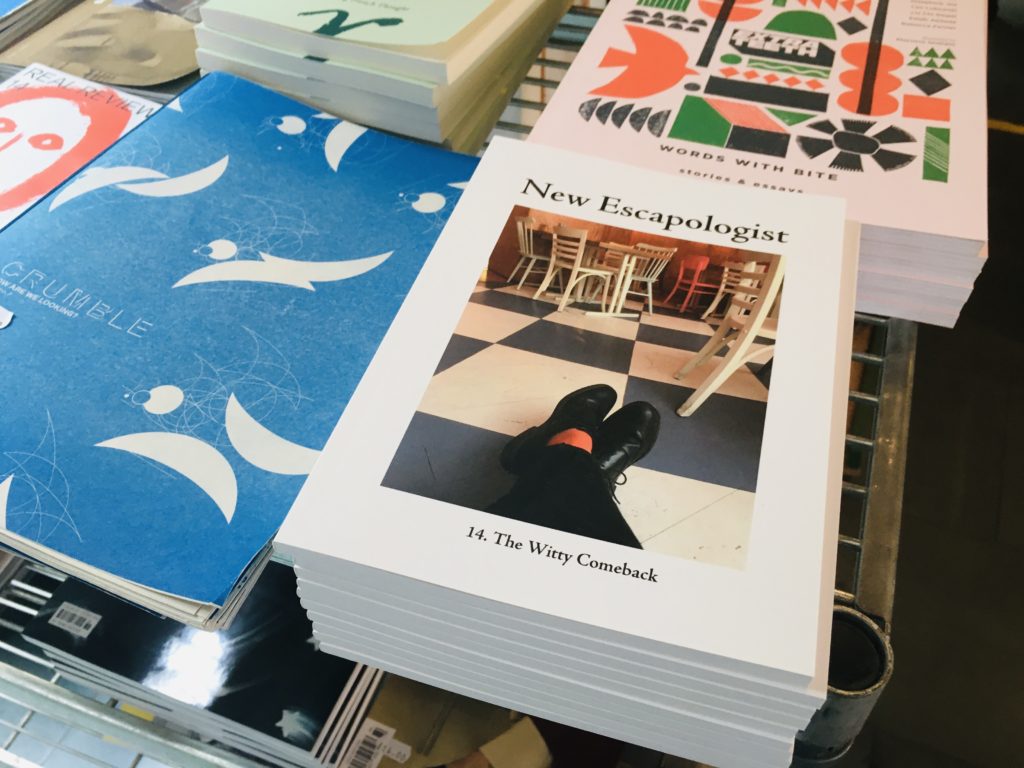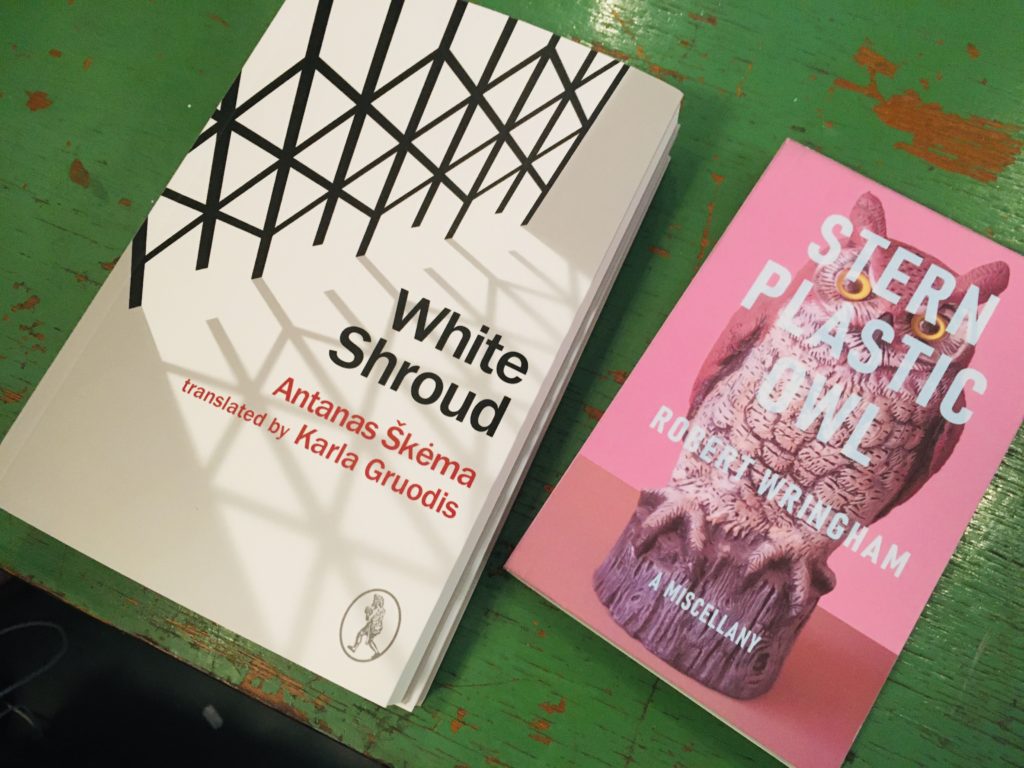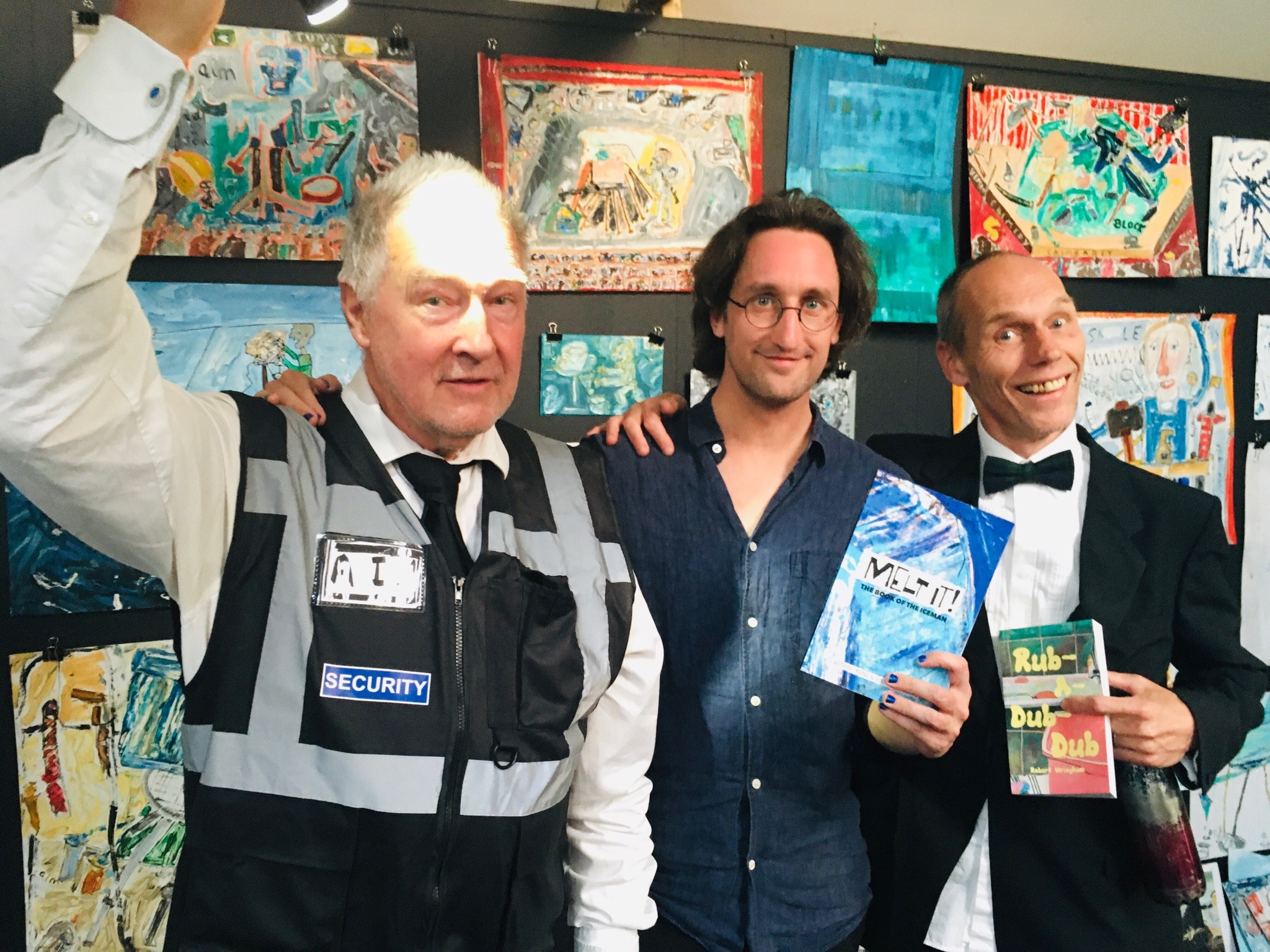September 2023 is breathing provocatively down our necks. My partner and I still live in Glasgow, Scotland. And I’m still, thank fuck, a writer.
Autumn is approaching and I’ve been eating veggies and apples from Alan‘s allotment. Nature’s bounty has NOT given me the squits. In banal news we’ve got a new sofa bed coming tomorrow. We sold the old sofa on Gumtree last week and we’ve been sitting on the floor ever since.
Work
Last month’s Kickstarter to bring back New Escapologist went extremely well. In fact, it outstripped all of my expectations. The first new issue of the magazine is now printed and available and continuing to sell well.
Work has already begun on Issue 15. I’ve been writing, editing, and commissioning like a trooper.
The magazine is available in a handful of shops as of this month too. The ever-supportive Aye-Aye Books in Glasgow has a hefty wodge of copies, while Print Culture and Good Press in Glasgow are stocking it too. Exciting news for Londoners: we’re also stocked in the famous magCulture now. Success!
Also this month I’ve been working hard to promote my first novel, Rub-A-Dub-Dub. This has involved interviews and prize submissions and some chats with booksellers. I’m not sure when this will all start to pay off.
Oh! And I had a piece about the Iceman published in From the Sublime…, the cool new zine from Manchester.
Reading
I’m currently reading Salinger’s Nine Stories. This particular copy was given to me by Martin who found it in a Montreal bin.
I also recently read Claire Dederer’s excellent Monsters, Rodge Glass’s biography of Alasdair Gray, John Robinson’s first of three biographies of Momus (which I enjoyed so much that I uncharacteristically left a review for it at Waterstones), a so-so selection of comic essays by Sloane Crosley called I Was Told There’d Be Cake, and a great comic book called Hell Phone by Benji Nate.
Travel
We’re still waiting on my partner’s citizenship application and trying not to think about it.
This month I was in Wolverhampton to be interviewed for YouTube by Ginger Beard Mark, Hay-on-Wye to see some middlebrow tourist bookshops, and at the Edinburgh Fringe for fun and profit.
I’ll return to Edinburgh this week for some exiting hangouts and to see Simon Munnery’s Fringe show, Jerusalem.
Time Wasting
Most weeks, we attend a particular Monday night pub quiz. It’s a waste of time, money, and health but we continue to attend for reasons I can’t quite put my finger on. Maybe it’s because we keep WINNING. Oh yeah.
For TV, I’ve been watching Fleishman is in Trouble, which is okay but I don’t particularly recommend it. Danes dains to be great in it. My partner also got us into Gothic Homemaking with Aurelio Voltaire, which is exactly as it sounds.
The main film I can remember watching this month was The Red Shoes, a beautiful 1948 Powell and Pressburger movie. Oh, and Barbie at the GFT, which is a load of old piss really but the atmosphere in the cinema was fun.
Here’s my picture of the month (this time with GBM) so you can continue to monitor my ongoing decay:





